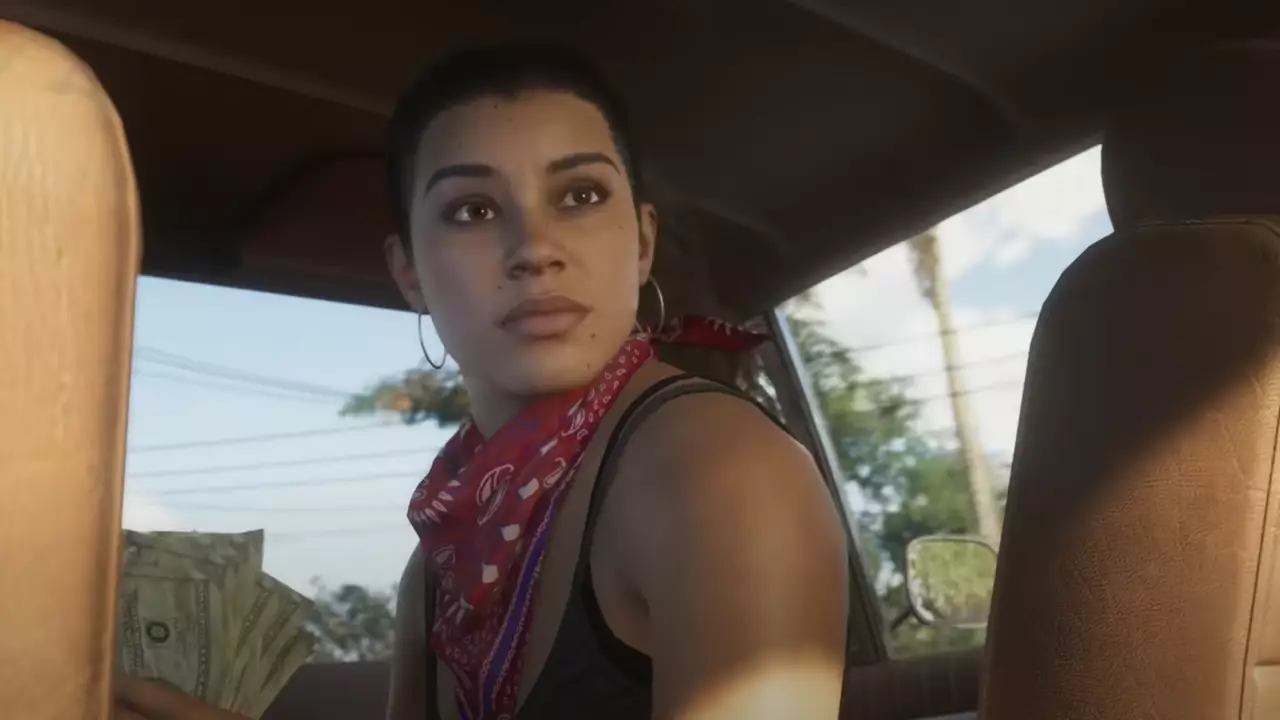The unveiling of Rockstar’s Grand Theft Auto VI (GTA VI) is sending ripples through the gaming world, becoming a central point of discussion as it gears up for its launch. With expectations to surpass $1 billion in preorder revenue and sell upwards of 40 million copies in its inaugural year, the significance of this title cannot be overstated. It serves as a benchmark not only for Rockstar but also for the entire gaming industry and console sales at large.
The annual downturn in console sales has left a noticeable void in the market landscape. In 2024, a challenging year for console hardware saw a significant decline across all major platforms, including PlayStation, Xbox, and Nintendo Switch. Strauss Zelnick, the head of Take-Two Interactive, is optimistic that GTA VI, along with other forthcoming releases, could staunch the bleeding. “When you have a big title in the market… historically that has sold consoles,” Zelnick remarked. This statement captures a historical trend, suggesting that blockbuster games often correlate with spikes in console sales, even amid unfavorable market conditions.
The expected launch of GTA VI alongside a lineup of other major titles such as WWE 2K25, Mafia: The Old Country, and Borderlands 4 signals a potentially transformative period for console manufacturers. This influx of new games could rejuvenate interest in console gaming and stimulate hardware sales.
However, this optimism is tempered by external factors, notably the tariffs proposed by the U.S. government. Zelnick addresses the potential adverse effects these tariffs could have on the hardware market, which is already reeling from a sudden drop in sales. Previous concerns regarding increased tariffs on goods imported from Mexico and Canada could have further ramifications, as Zelnick advocates for free trade as a more constructive economic approach.
Such external uncertainties complicate an already volatile market situation. If implemented, these tariffs could result in increased production costs for console manufacturers and potentially higher prices for consumers, creating a barrier to market recovery.
While the spotlight on console gaming remains vital, Zelnick’s insights extend to the growing significance of the PC gaming sector. As he notes, “the trend that you’d want to focus on is this increasing share of the market that is reflected in PC.” The PC gaming landscape is notably dynamic, offering robust growth opportunities for developers and publishers. This trend demands a dual-platform focus, prompting Rockstar and other companies to rethink how they distribute their games across consoles and PC.
Interestingly, GTA VI will not launch on PC simultaneously, which might be indicative of a strategic decision that allows developers to maximize their initial sales on consoles. The phased release strategy suggests a focus on market segmentation, aiming to leverage the continued interest in console gaming while also capitalizing on the PC market’s growth in the future.
As we approach the anticipated release of not only GTA VI but also new hardware such as the Nintendo Switch 2 and the next iterations of Xbox and PlayStation, the market appears to be on the brink of a potentially significant shift. A flourishing lineup of titles alongside new consoles may create the ideal conditions for revitalization. Yet, the pitfalls of economic barriers, such as tariffs, illustrate the hidden complexities that players and developers alike must navigate.
While the gaming landscape appears promising with the arrival of some highly anticipated games, particularly GTA VI, it is underscored by layers of uncertainty that could either propel or hamper growth. The interplay between console sales, external economic factors, and the burgeoning PC market creates an intricate web that will define the future of gaming in 2025 and beyond.


Leave a Reply